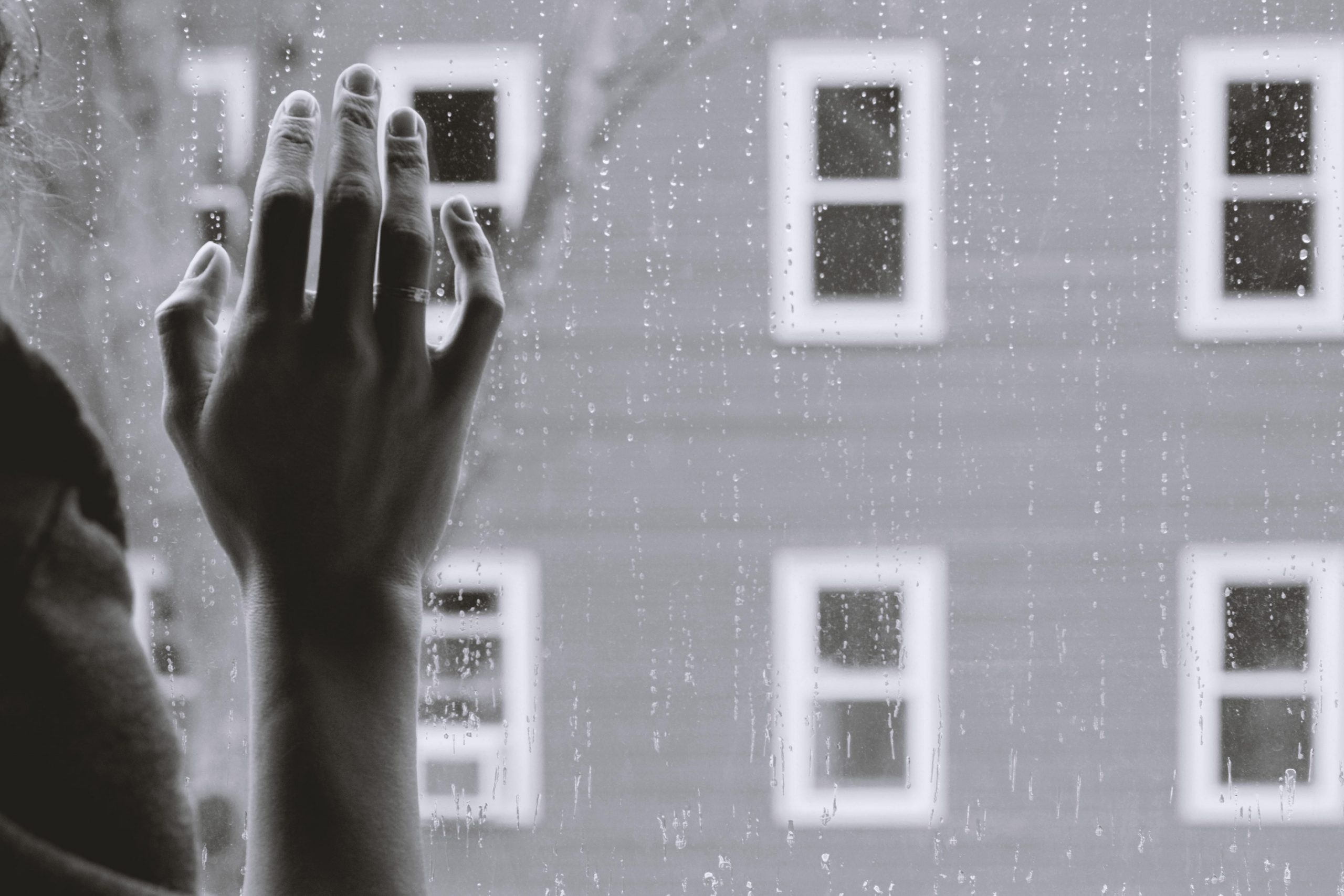Psychiatric disorders may affect a large proportion of college students, with more than half of depressed individuals and one-third of those with anxiety experiencing a comorbid condition. According to the latest results from the mood and anxiety questionnaire, 26.8% of the students were found to have depression, and 16.3% suffered from anxiety. Those with anxiety and/or depression had significantly higher levels of stress, negative expectations about their future, and depressive mood than students without these conditions. Academic assignments, short deadlines and high expectations — these are some of the things that make students feel stressed and worried. If this is what you are faced with, then a essay writing website can make your life easier. However, you should also know what causes depression and how to deal with it.
Depression and anxiety are part of many college students’ experiences. You can look back at yourself and realize that you’ve felt upset, hopeless, or anxious before. For most students, these feelings will pass. However, there are many who feel down constantly. And this should be an alarming sign.
What Is Depression?
One important distinction is between “depression” and “boredom.” People are often confused by these two terms, but it’s important to understand the differences. Depression is an illness, and it has nothing to do with just a “bad mood.” It’s a serious mood disorder characterized by persistently sad or hopeless moods, low energy or motivation, or an inability to focus on anything. You can think of depression as feeling sad in a way that makes you less interested in anything and prevents you from getting out of bed. Depression has physical and emotional symptoms. You may have trouble sleeping, eating or concentrating. You may have a loss of interest in activities you used to love. You may also feel tired even when you have slept.
What Causes Depression?
Researchers have discovered that depression is linked to several different factors. In addition to genes and early life experiences, research shows that depression can be caused by problems in the brain, such as brain cell changes in the area that manages serotonin. When depression occurs, cells in the brain have a lower level of serotonin than usual. There are many factors that may cause depression, namely:
- Physical health problems;
- Puberty;
- Loss of a loved one;
- Relationship problems;
- Moving to a new college;
- Starting a new relationship;
- Not having an easy time adjusting to your new college environment;
- Financial stress;
- And much more.
What Are the Symptoms of Depression and Anxiety?
It’s hard to be sure if you’re depressed unless you ask for help. Symptoms of depression can go unnoticed and be mistaken for ordinary mood swings or changes in your personality. But what are the symptoms of anxiety?
Anxiety can cause a lot of worries and a feeling that you are out of control. It might cause you to worry constantly or to be too sensitive to other people’s moods. You might find yourself experiencing physical symptoms, such as headaches, upset stomach, sweating or trembling. People with anxiety often find it difficult to feel safe in their environment.
These symptoms are common in students who struggle with anxiety, so be aware of the following signs:
- Feeling shaky, nervous or easily upset;
- Having a change in your sleep habits;
- Looking forward to going out and being with friends, but dreading it because you know you’ll feel anxious;
- Having trouble sleeping;
- Experiencing physical symptoms like a racing or pounding heart;
- Not wanting to do things because you’re afraid you’ll mess them up;
- Being too sensitive to other people’s moods;
- Having trouble concentrating or remembering things;
- Having trouble finishing things.
If you are suffering from any of the above issues, make sure that you turn to a specialist. Otherwise, you risk ending up with severe consequences of the condition.
Final Words
Students’ depression and anxiety during college can take many forms — from minor symptoms to debilitating. Depression and anxiety can be a huge part of a student’s life on campus, in spite of the fact that many students experience these issues for the first time in college.
Many who are depressed or anxious are undiagnosed, which can lead to problems with academics, relationships, physical health and safety. At the same time, college students who do receive a diagnosis may not be able to access treatment through school-sponsored counseling centers. They may also find it difficult to get mental health insurance as it is often difficult to obtain coverage for treatment for mental health conditions. As a result, students with these problems often resort to illicit drugs and alcohol, in addition to potentially harmful self-harm practices. It is strongly recommended that you analyze your feelings and turn to specialists if you feel that something is wrong with how you feel and behave.








